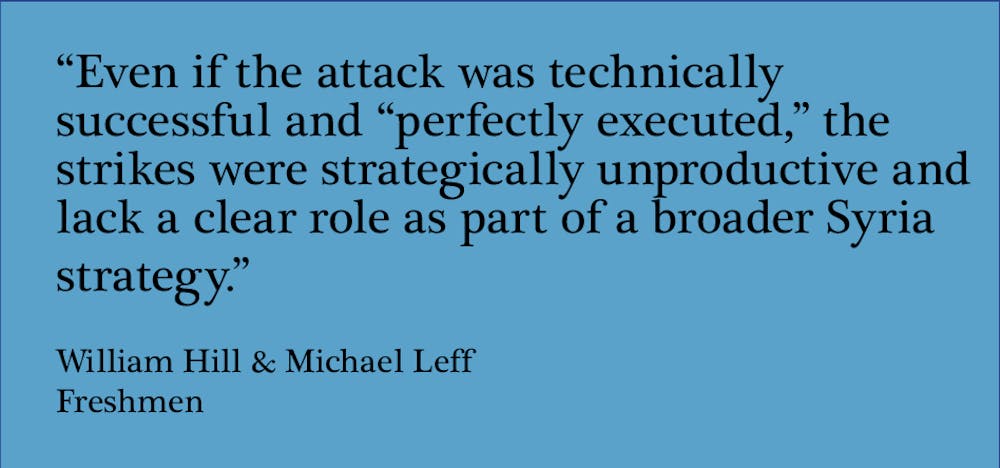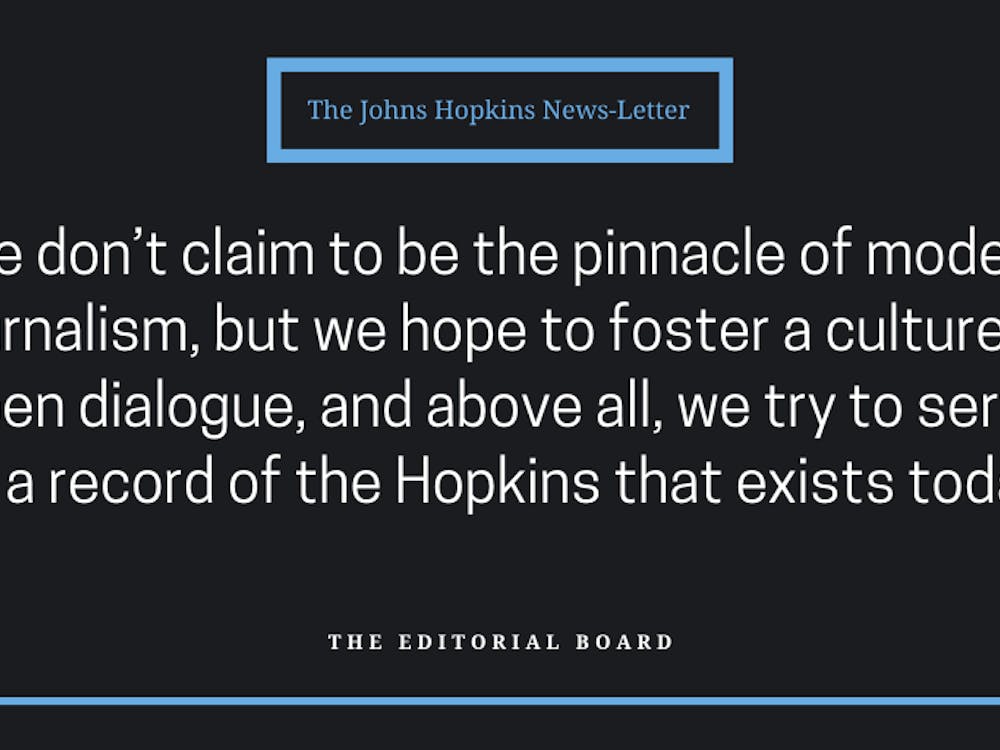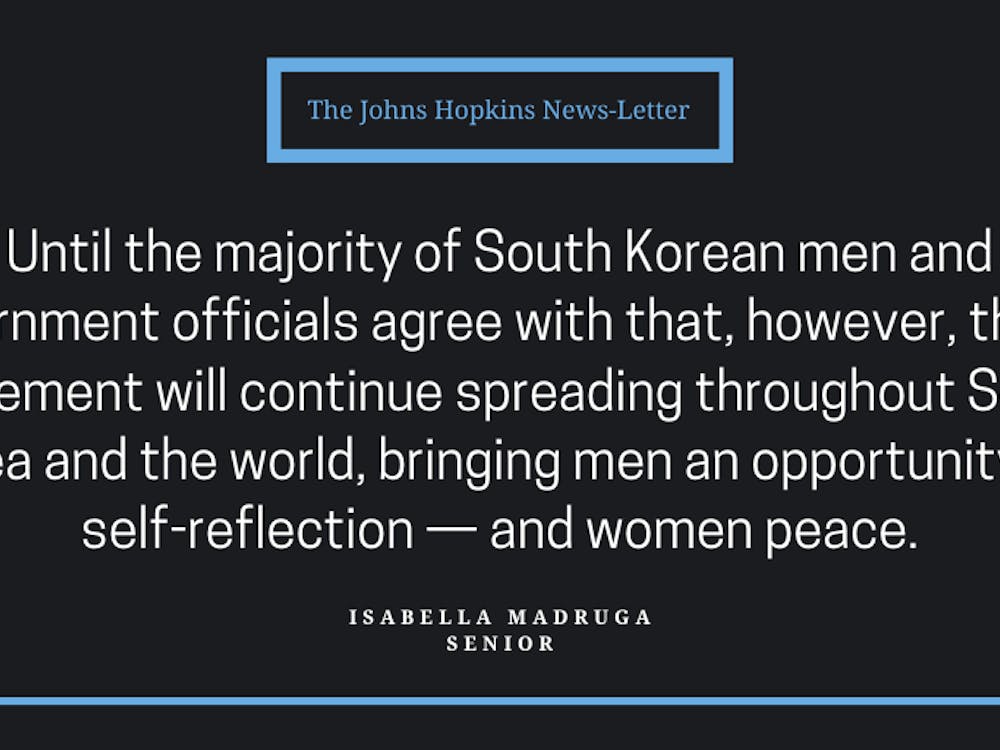On April 7, the Syrian Arab Army (SAA) conducted a chemical attack on the Syrian town of Douma, killing at least 40 Syrian men, women and children.
In response, a coalition of U.S., British and French forces conducted three strikes against Syrian chemical weapons production, storage and research facilities on April 14. They emphasized that the response was meant to be surgical.
However, the U.S. led response constitutes a failure. Although the Assad regime’s ability to produce and distribute nerve agents may have been degraded, they retain many other chemical weapons.
We believe that the U.S. led response to this attack acted primarily as an emotional release and lacked the necessary magnitude. Even if the attack was technically successful and “perfectly executed,” the strikes were strategically unproductive and lack a clear role as part of a broader Syria strategy.
Other humanitarian horrors also remain unaddressed, such as the Assad regime’s persistent campaign against healthcare facilities and civilian infrastructure.
Moreover, the attack was unconstitutional and part of a long-standing trend in executive overreach. The legal justification for U.S. involvement in Syria has been muddled under both the Obama and Trump administrations.
While former U.S. President Barack Obama requested congressional authorization after the Syrian government’s use of chemical weapons in 2013, he simultaneously claimed that the executive branch already had the authority to conduct such strikes “without specific congressional authorization.”
Speaker of the House Paul Ryan likewise claimed that the Trump administration has authority under the existing 2001 Authorization for Use of Military Force (AUMF). The 2001 AUMF authorizes U.S. presidents to use force against “nations, organizations or persons” responsible for the 9/11 attacks, along with any “associated forces.” While it grants broad powers, one could not reasonably conclude that it justifies U.S. activities against Syrian regime forces who had no involvement in the 9/11 attacks.
In the immediate aftermath of the strike, Secretary of Defense James Mattis argued that Trump had the authority “to use military force overseas to defend important U.S. national interests.”
This argument is both ahistorical and dangerously expansive. Though the War Powers Act would still constrain the executive’s ability to unilaterally conduct war, Mattis’ interpretation may offer justification for vast and territorially unlimited, unilateral air strikes by the executive branch.
Recently, a bipartisan coalition unveiled the “2018 AUMF.” This legislation has an admirable goal to secure war powers for Congress.
Unfortunately, this legislation does not substantially increase congressional input in the use of war powers. For instance, the legislation creates a mechanism whereby new “associated forces” can be designated unilaterally by the president while giving Congress 60 days to remove such additions. Decisions by Congress would be subject to the president’s veto.
Though Congress may rein in executive authority via measures like appropriations riders, the degree to which it would be abdicating its role cannot be overstated.
It is true that the 2018 AUMF legislation still represents genuine progress in the discourse on war powers and the role of the legislature. It’s also more specific than the 2001 AUMF in limiting the scope of the president’s power.
It also mandates additional reporting when using force in a new location beyond the six countries explicitly specified and defines “associated forces” to exclude sovereign nations, a welcome limit to potentially expansive interpretations of the AUMF.
The 2018 AUMF also creates a quadrennial congressional review process. Though it is formatted in a way that grants sweeping authority to the executive, the benefits of such regular reviews to political discourse are incontrovertible.
Nevertheless, the 2018 AUMF is fundamentally dangerous and flawed. It is crucial that the Trump administration, as well as future administrations, act coherently within their constitutionally and legislatively delegated war powers. The U.S. failed to do so with its strikes on April 14.
The first step the Trump administration must take is to work with Congress to clearly define U.S. intentions and its future role in Syria, possibly though a new Syria-specific AUMF. Once it has followed through on its legal obligations, the administration can devise a coherent policy with a clear end goal.
Moreover, we Hopkins students must vote and hold our elected officials responsible for their actions overseas. Our constitutional democracy is too valuable to do otherwise.
William Hill is a freshman International Studies and Romance Language major from Bay Shore, N.Y. He is the secretary of College Republicans.
Michael Leff is a freshman Molecular and Cellular Biology major from Highland Park, N.J. He is the treasurer of the College Republicans.
















Please note All comments are eligible for publication in The News-Letter.